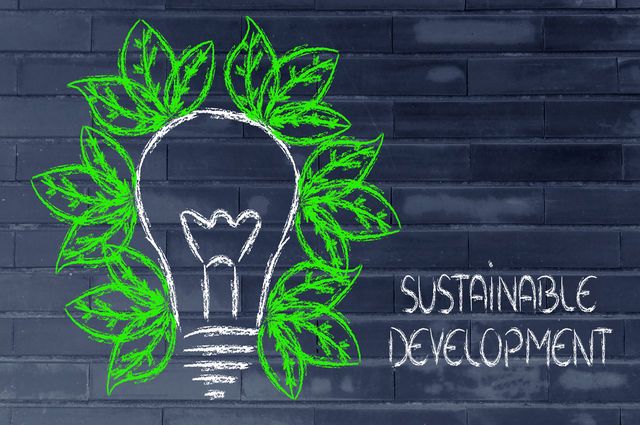Who makes hospitality sustainability happen: Governments, Industry, Consumers?
17 experts shared their view
What (or who) helps hospitality companies improve faster? Consumer-led campaigns on plastic straws have pushed many hospitality companies to consider alternatives or simply ban single-use plastics. So far, however, the vast majority of guests still choose their hotels mainly by location and price. Using levers such as taxation or legislation, governments are also increasing the pressure. Recent examples include the European Union's ban on a series of single-use plastics such as cutlery, straws, and stirrers by 2021. Many states across the US are implementing similar bans. Beyond plastics, carbon pricing initiatives are in place or planned in more than 45 countries. The EU's Energy Performance of Buildings Directive requires all new buildings to be nearly zero-energy (NZEB) by the end of 2020 and existing buildings to transition towards NZEB by 2050. Finally, the hospitality industry's self-regulation and voluntary codes of conduct are considered popular approaches in dealing with sustainability challenges, but at times with limited success. Facing mounting environmental issues, are all three parties (government, consumer, industry) playing an equally important role? Do consumers have the foresight to act as a useful lever of change? Taxes and legislation are in the pipeline across the globe, so what needs to be done today to minimize the risk of getting hit? And how about driving consumer behavior change through inspiring guest experiences?
10 years ago in an article published in the Harvard Business Review on 'Why Sustainability is Now the Key Driver of Innovation', the authors argued that the “fight to save the planet has turned into a pitched battle between governments and companies, between companies and consumer activists and sometimes between consumer activists and governments” (Nidumolu, Prahalad and Rangaswami, 2009:3). To draw a simple picture, the authors refer this situation as a three-legged race. In that scenario, two individuals each have one leg tied to the other. They move forward, as a unit, with the two untied legs but with great difficulty as the third tied-leg is dragging behind or holding them back if not moved in coordination.
The question 'who makes hospitality sustainability happen: Governments, Industry, Consumers?' is answered with: All of them.
Consumers can buy, protest…or boycott. Governments are driving legislation, around the globe. And the industry… must innovate and be ahead of compliance. The ability to anticipate regulations is a method to innovate and create ingenious solutions. When carbon pricing and nearly-zero energy buildings are the talk of the town, then it is high time to innovate. There are numerous examples of hotel brands, owners, architects and designers that have captured the powerful innovation of carbon-neutral hotel buildings already. Those innovations, eventually copied by competitors, will become the norm in the industry.

